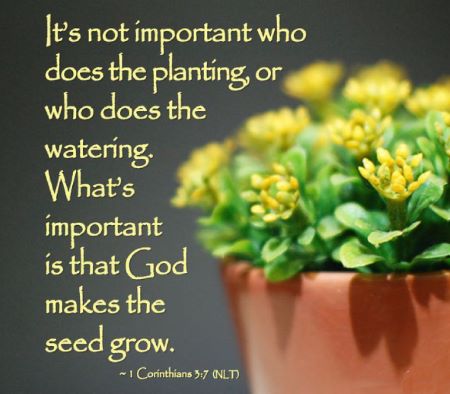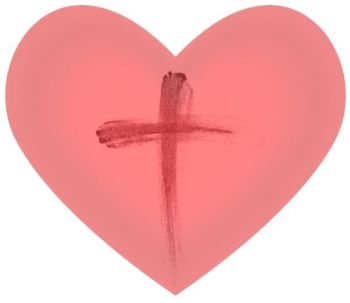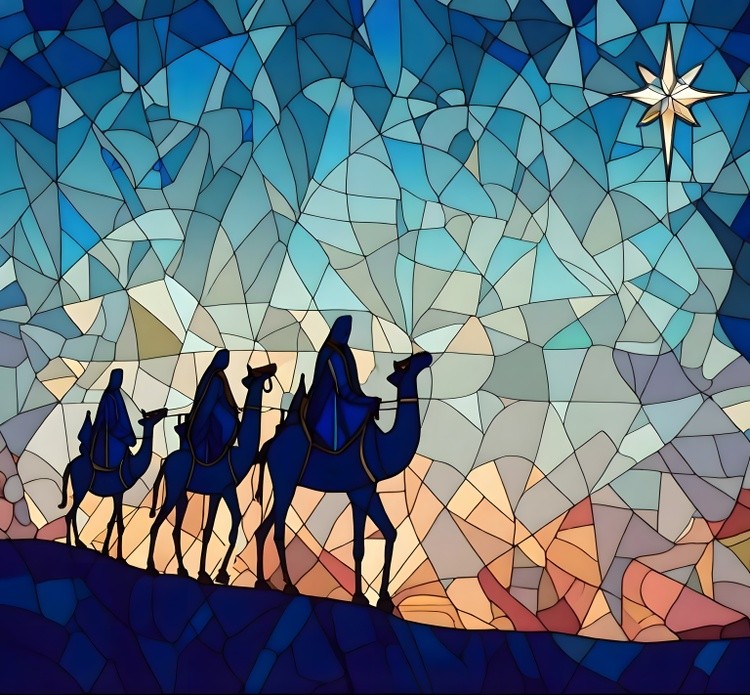
Gardening 101
It will soon be time to plan your garden. To figure out how much space you’ll have to work with, and how much space the plants will need. To map out what will be planted where. You may need to schedule what gets planted when, so you know when the harvest will be ready. It will soon be time to germinate seeds in those little egg carton-like flats. Or in actual egg cartons. Perhaps you have Victory Garden soil; or what seems like potter’s clay which must be amended annually to improve its physical properties, such as water retention, permeability, water infiltration, drainage, aeration, and structure. Perhaps you’ve already received your packets of seeds. Or at least have ordered them. Perhaps you’re a Master Gardener with the greenest of thumbs. Or a neophyte who can barely keep a cactus alive. Perhaps you’ll lay out soaker hoses with one of those fancy faucet

timers, so you don’t even have to think about watering. Or you’ll go out when no rain’s predicted. In Grand Rapids this year, the last frost is predicted for May 14; so perhaps you’ll be able to resist the urge to transplant your seedlings outside in the ground until then.
And Eastertide ends just a few days later. On May 18 this year. And Pentecost follows. Pentecost is known as Ordinary time. This term is used in the Roman Catholic Church to indicate the parts of the liturgical year that are not included in the major seasons of the church calendar. Ordinary time includes the Monday after the Feast of the Baptism of our Lord through the Tuesday before Ash Wednesday, and the Monday after Pentecost through the Saturday before the First Sunday of Advent. The term “ordinary time” is not used in the Book of Common Prayer, but the season after Pentecost can be considered ordinary time. It may be referred to as the “green season,” because green is the usual liturgical color for this period of the church year. But in many ways, it is far from ordinary, because it is a season of growth and new life. Of re-creation.
In Mark’s Gospel (4:26-29), there’s a parable about the Kingdom. It says that the Kingdom of God is as if someone would scatter seed on the ground, and would sleep and rise night and day; and the seed would sprout and grow, he does not know how. The earth produces of itself, first the stalk, then the head, then the full grain in the head. But when the grain is ripe, at once he goes in with his sickle, because the harvest has come. On face value, it’s a story about a farmer who plants seeds and can do nothing about the growth until harvest time. But it’s meaning, is that once the seed of the word of God is sown, only time will show how a person’s faith will grow and develop.
So, whether you get actual dirt under your fingernails this summer or not, may your spiritual harvest this growing season fill a cornucopia. May the inner harvest you’ll reap be God’s Word deeply rooted in the good soil of your soul. The love of God warming the soil of your heart. God’s grace nourishing the soil of your hope. And God’s bounty feeding all who come to Table. And may your growing season be long and produce a hundred-fold.








